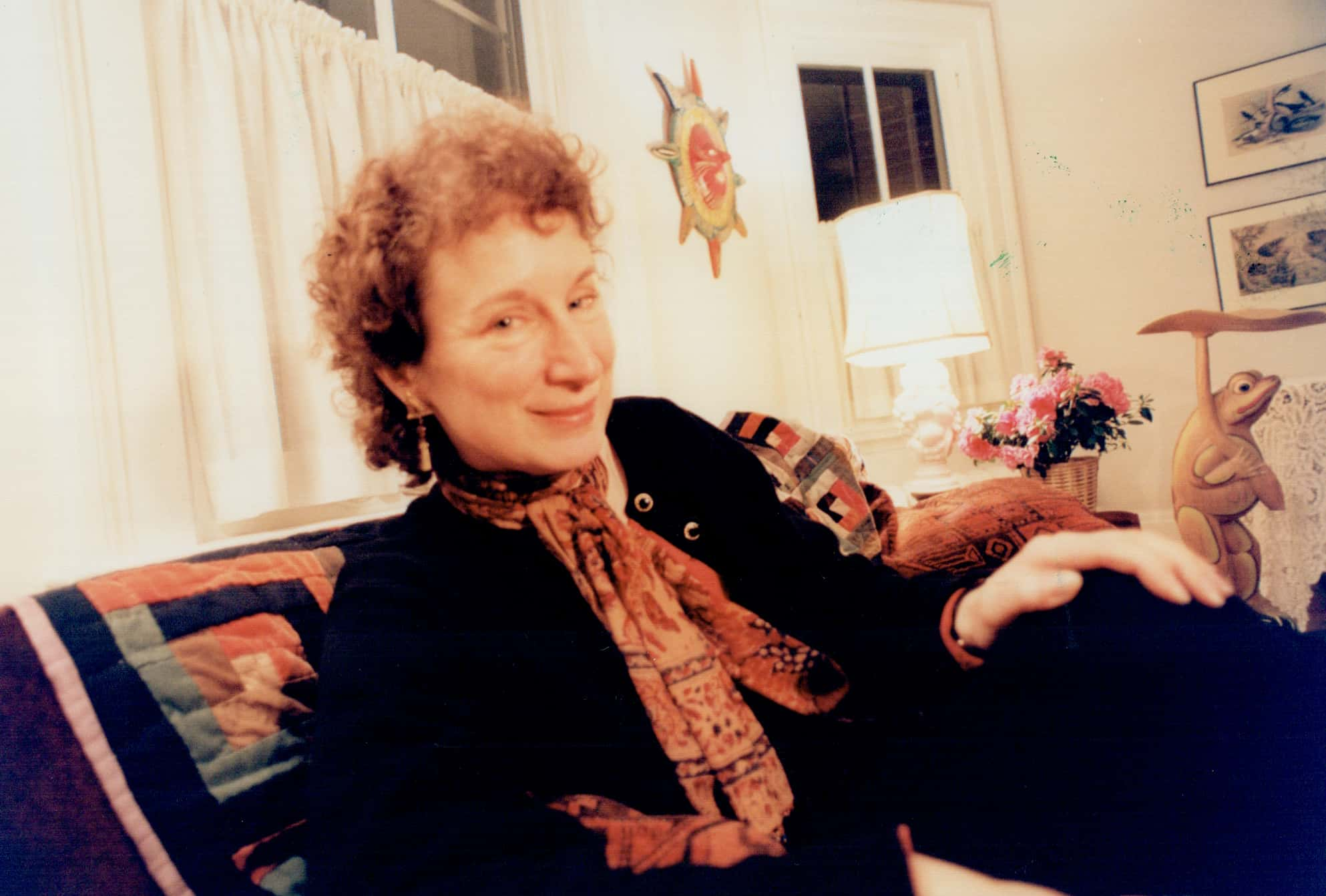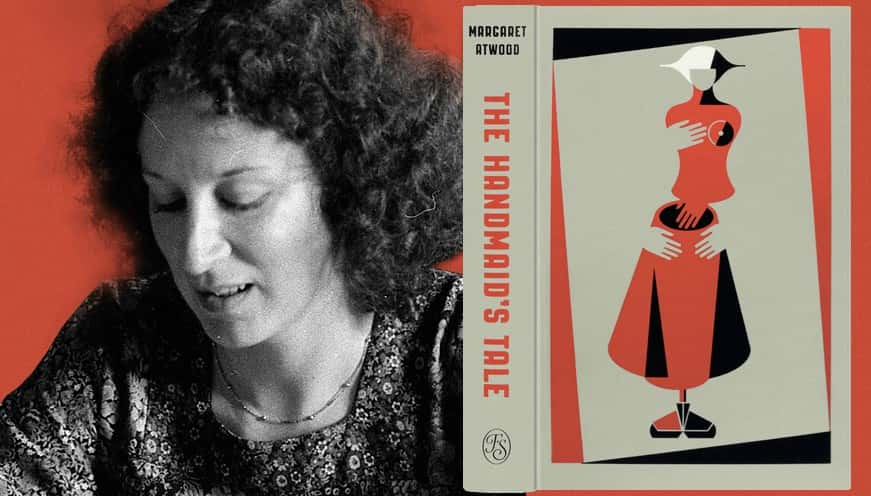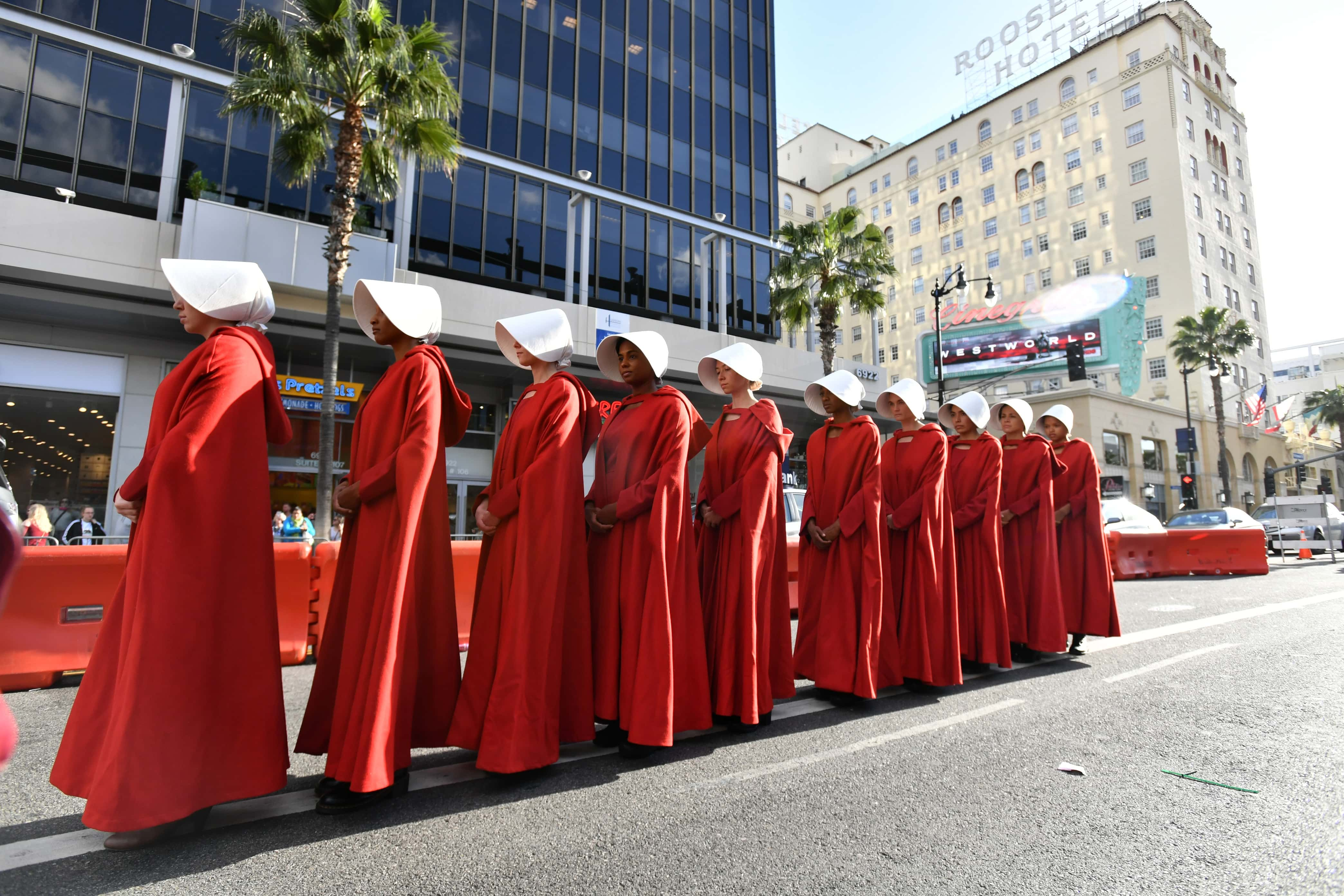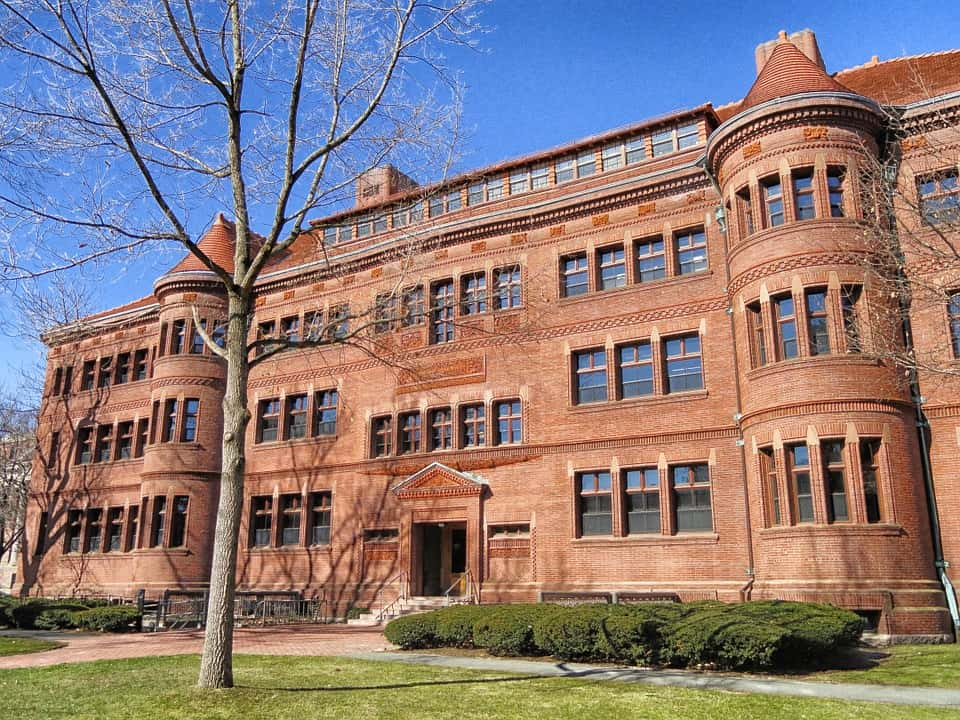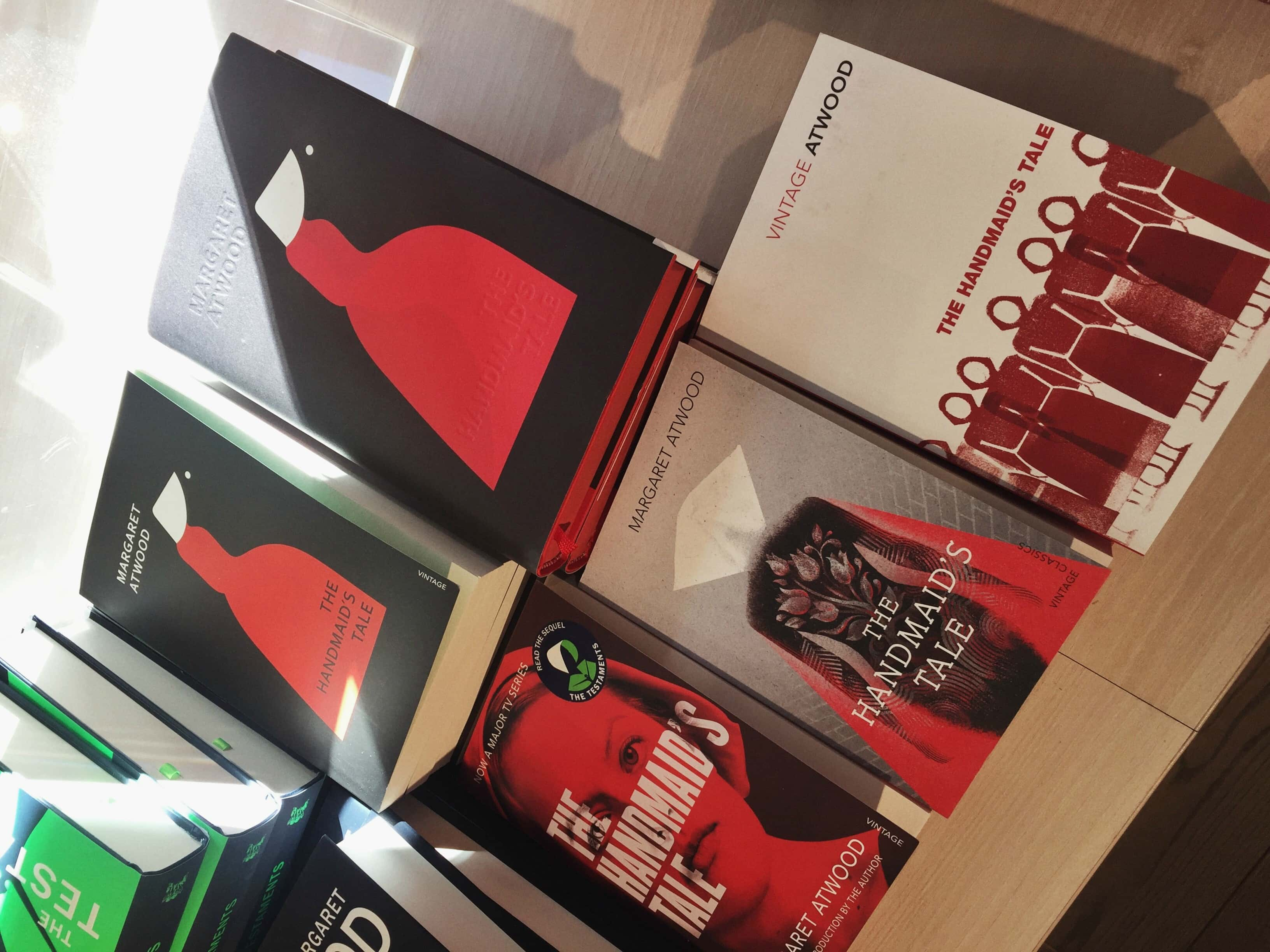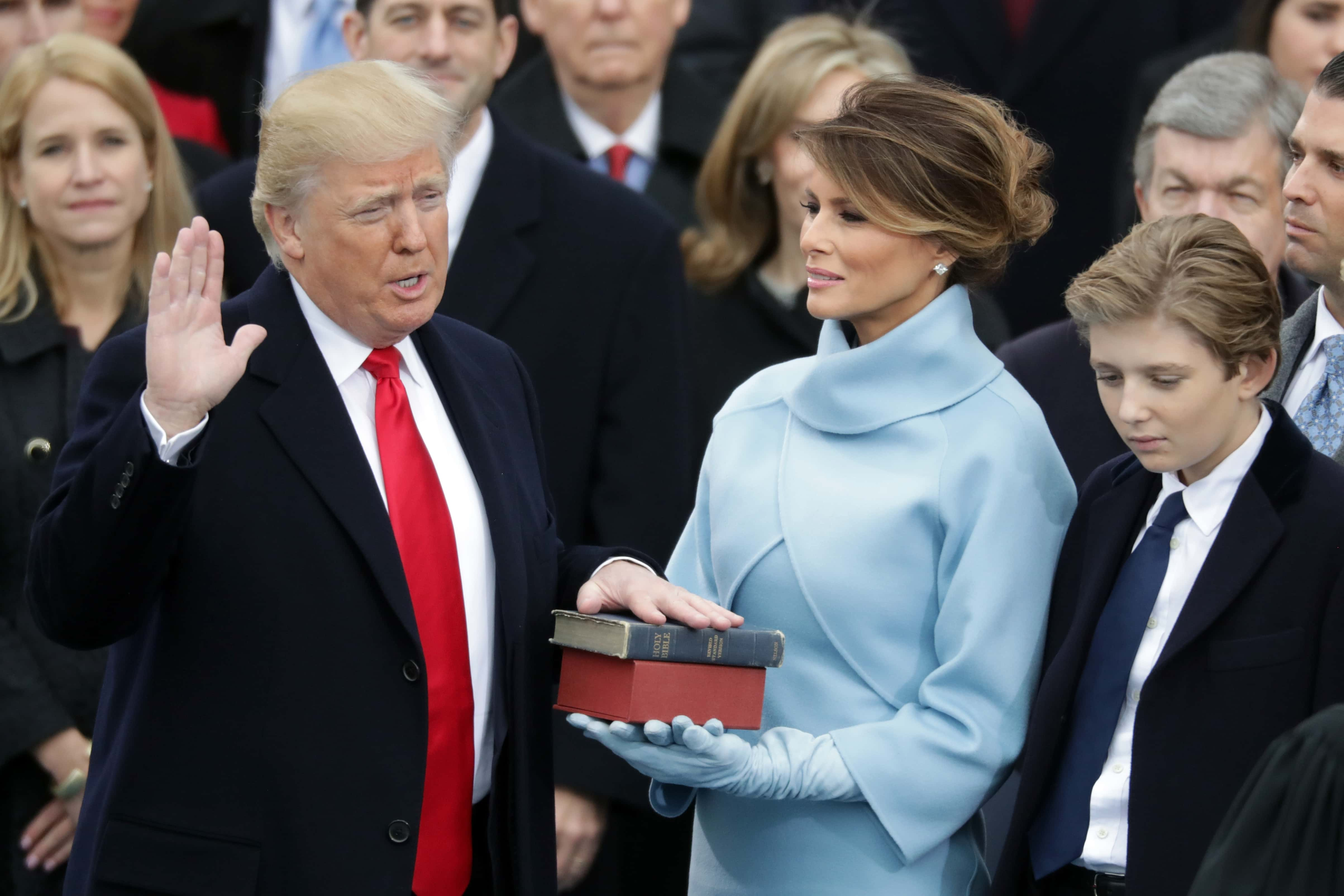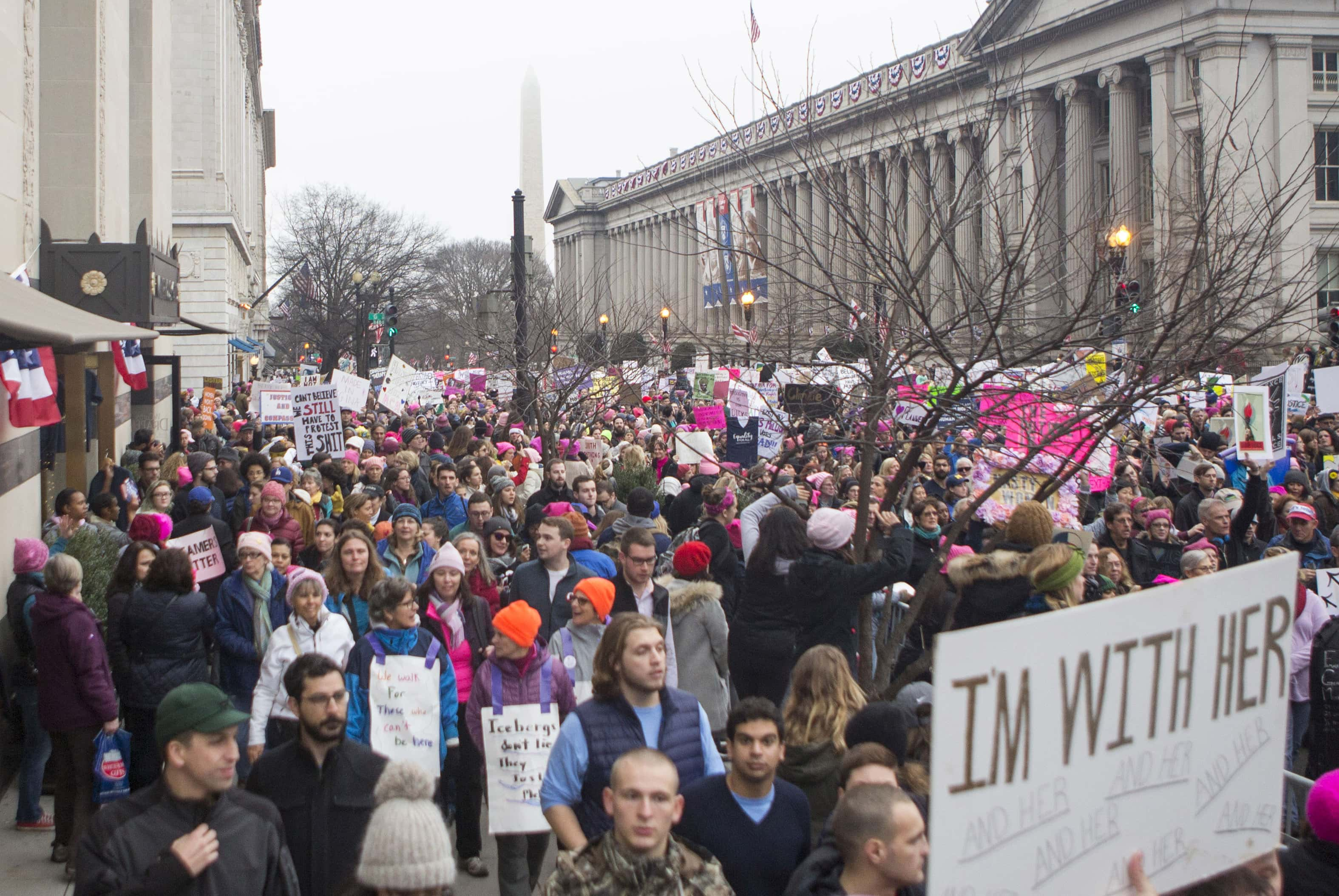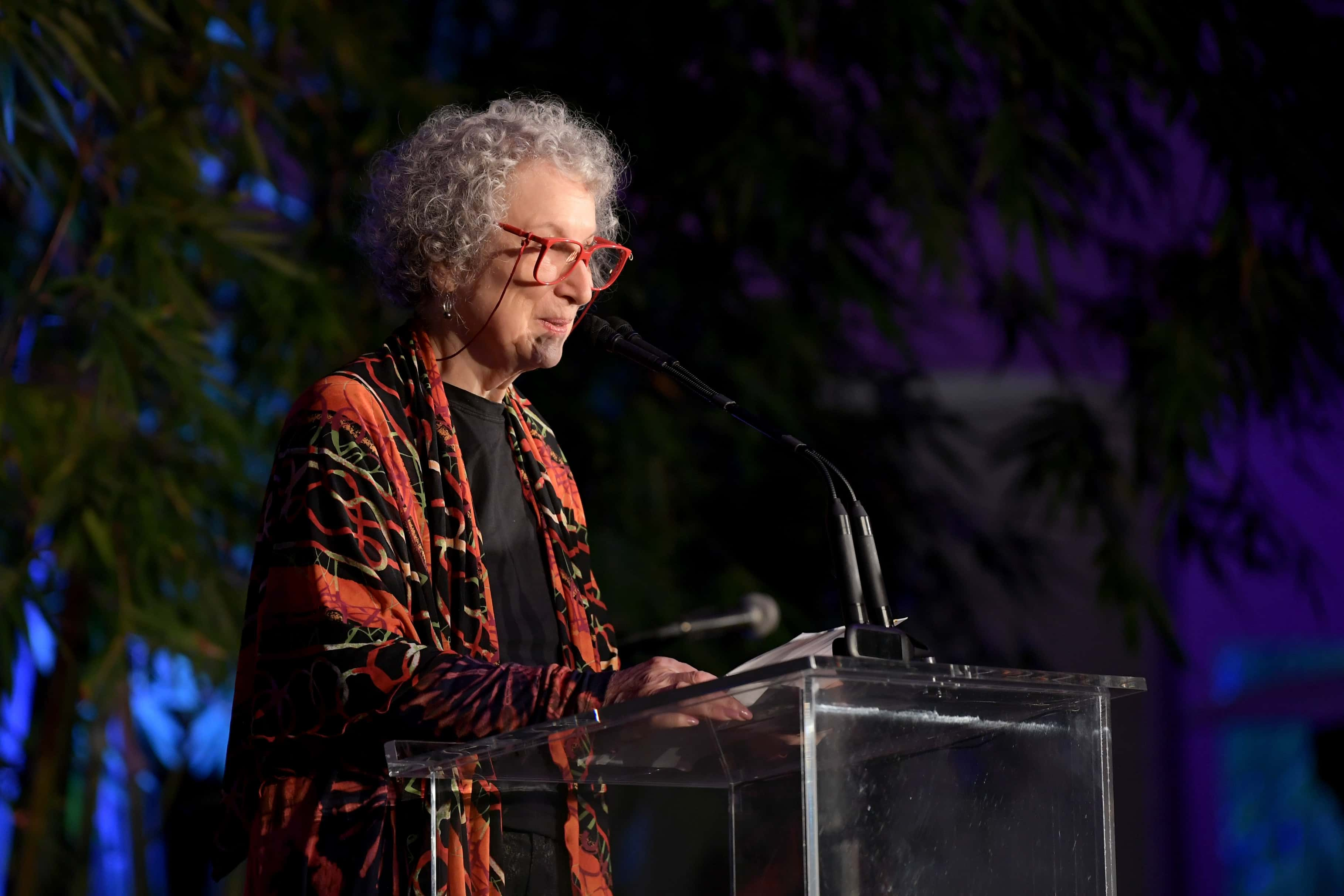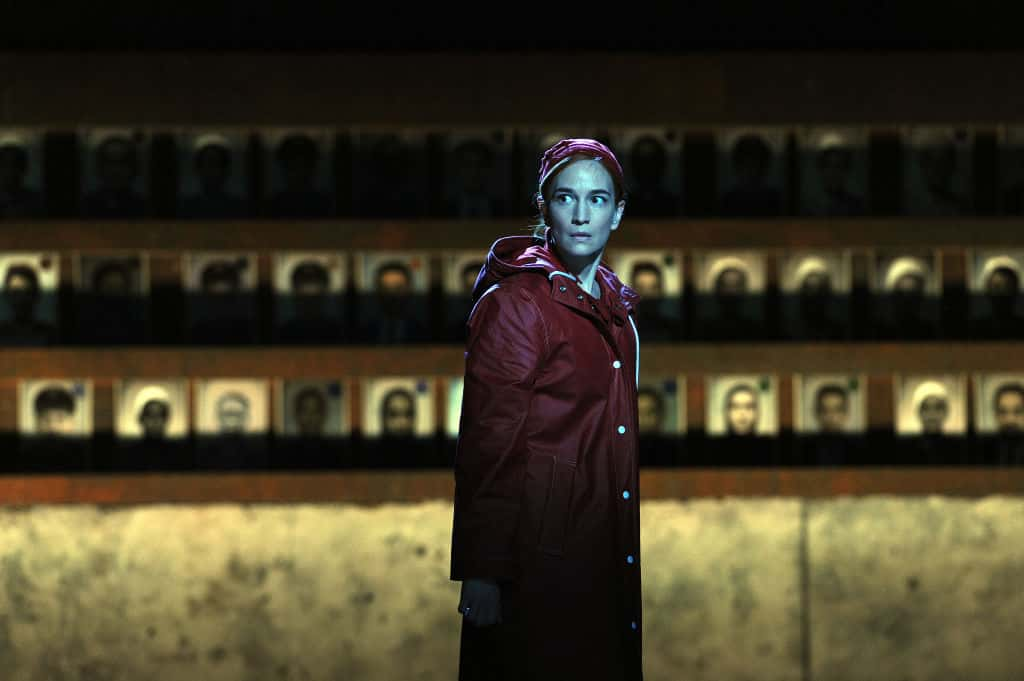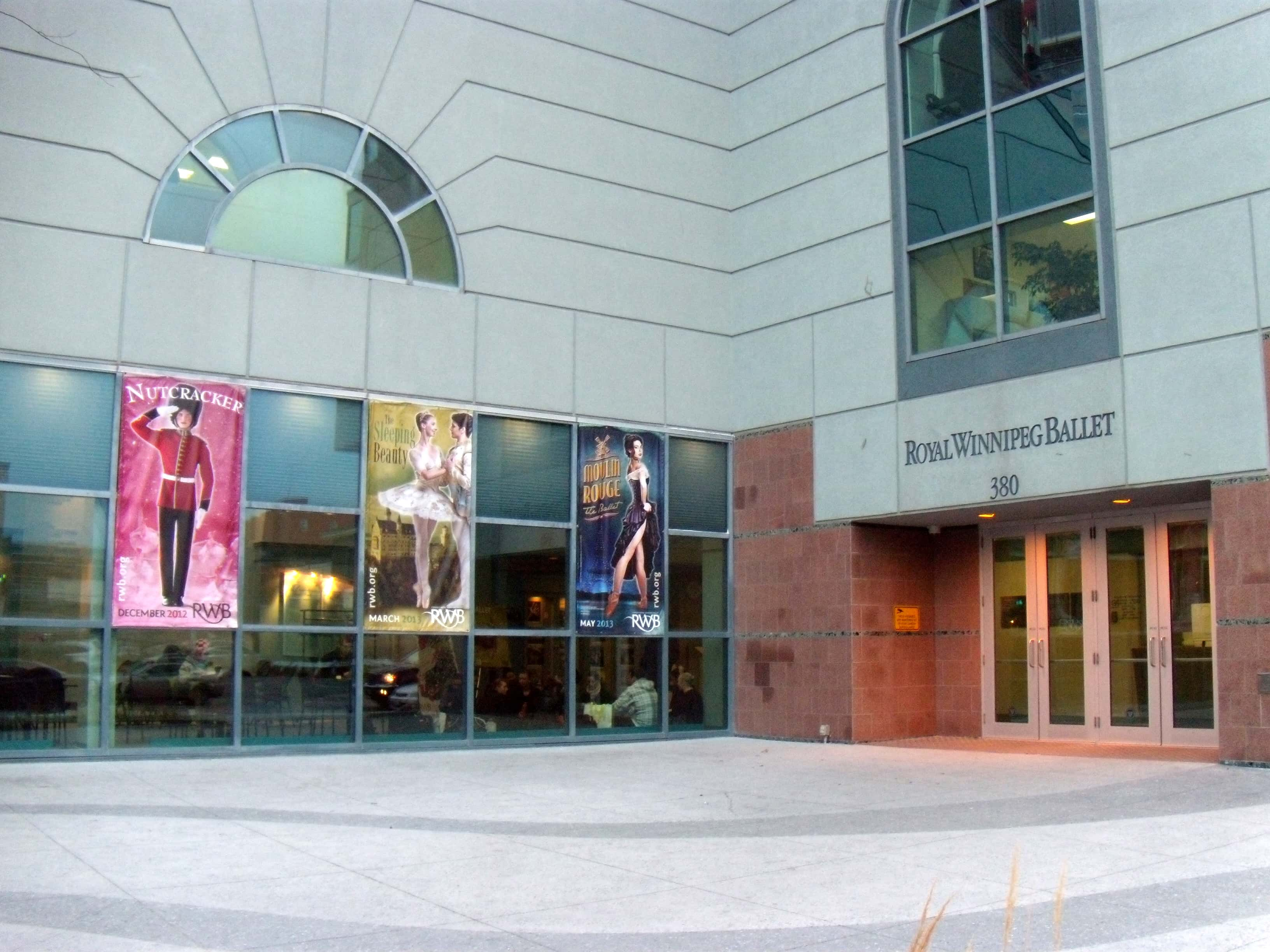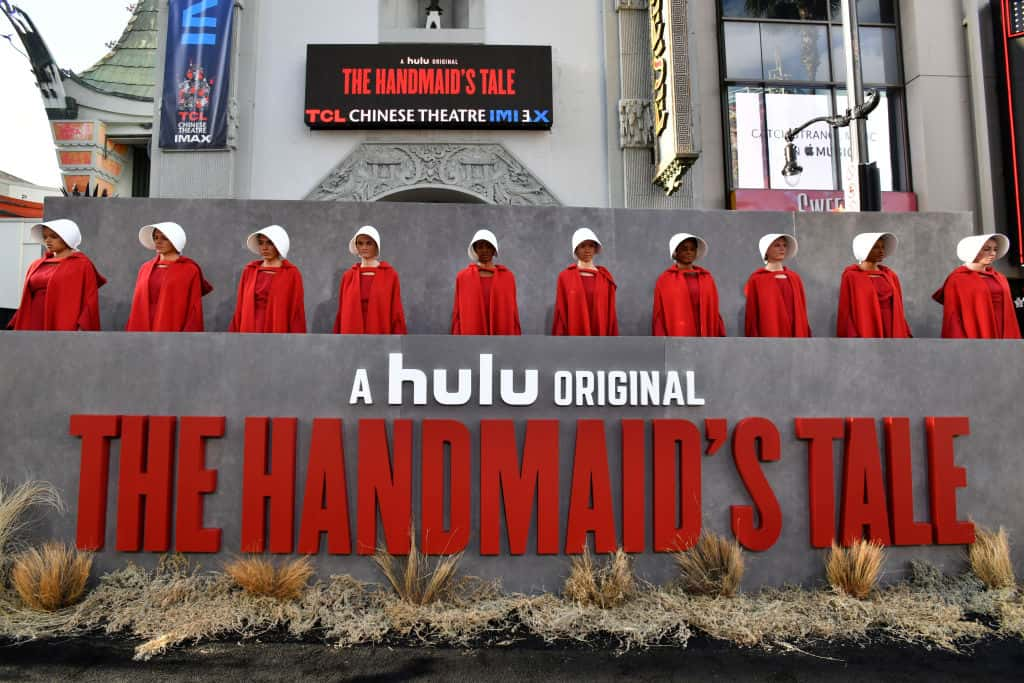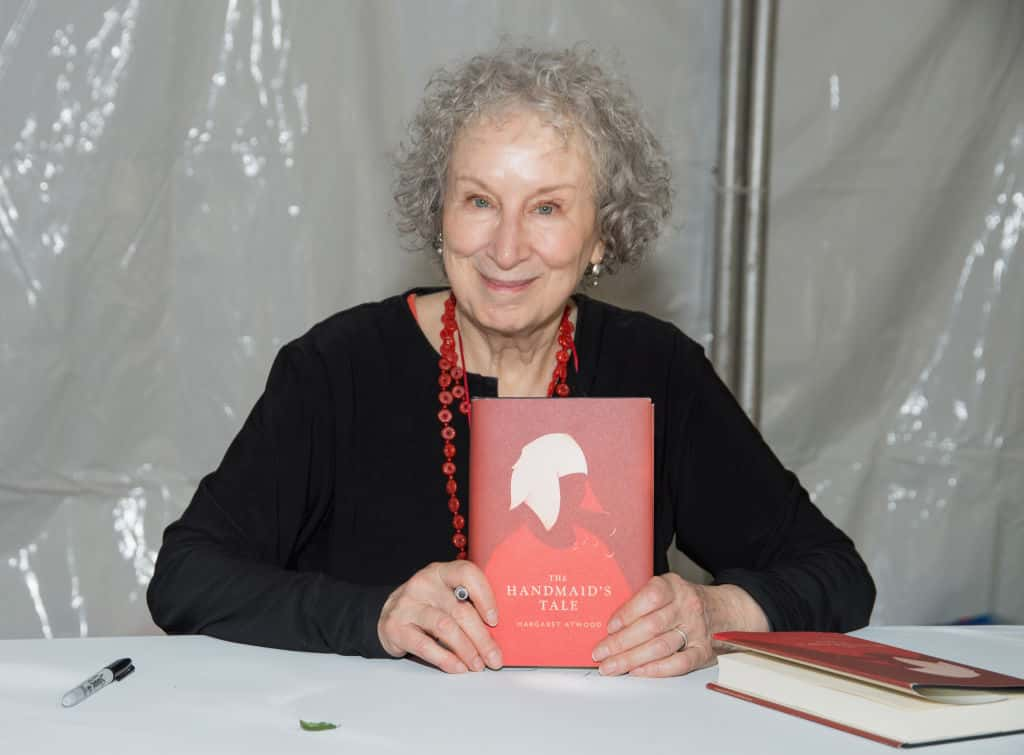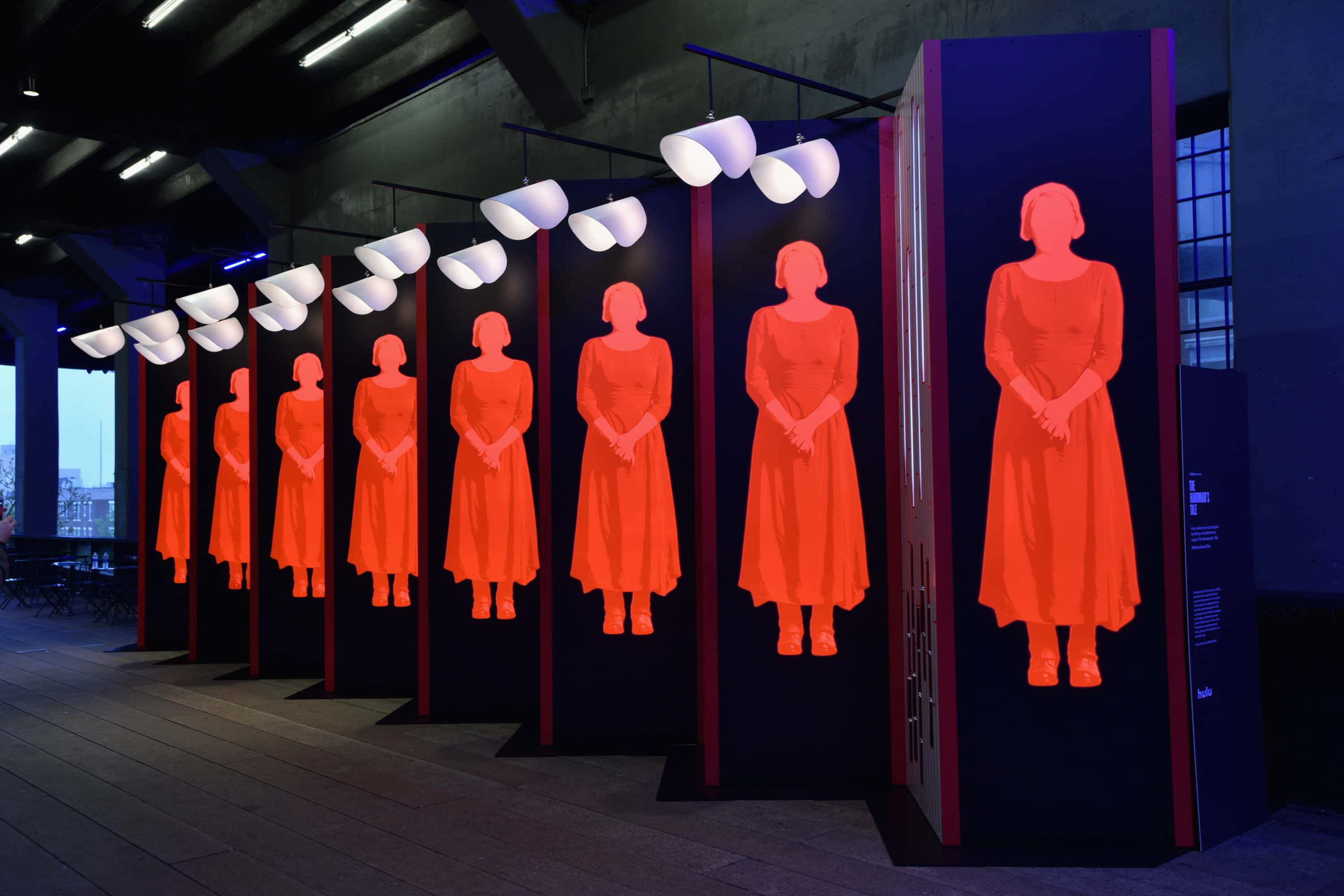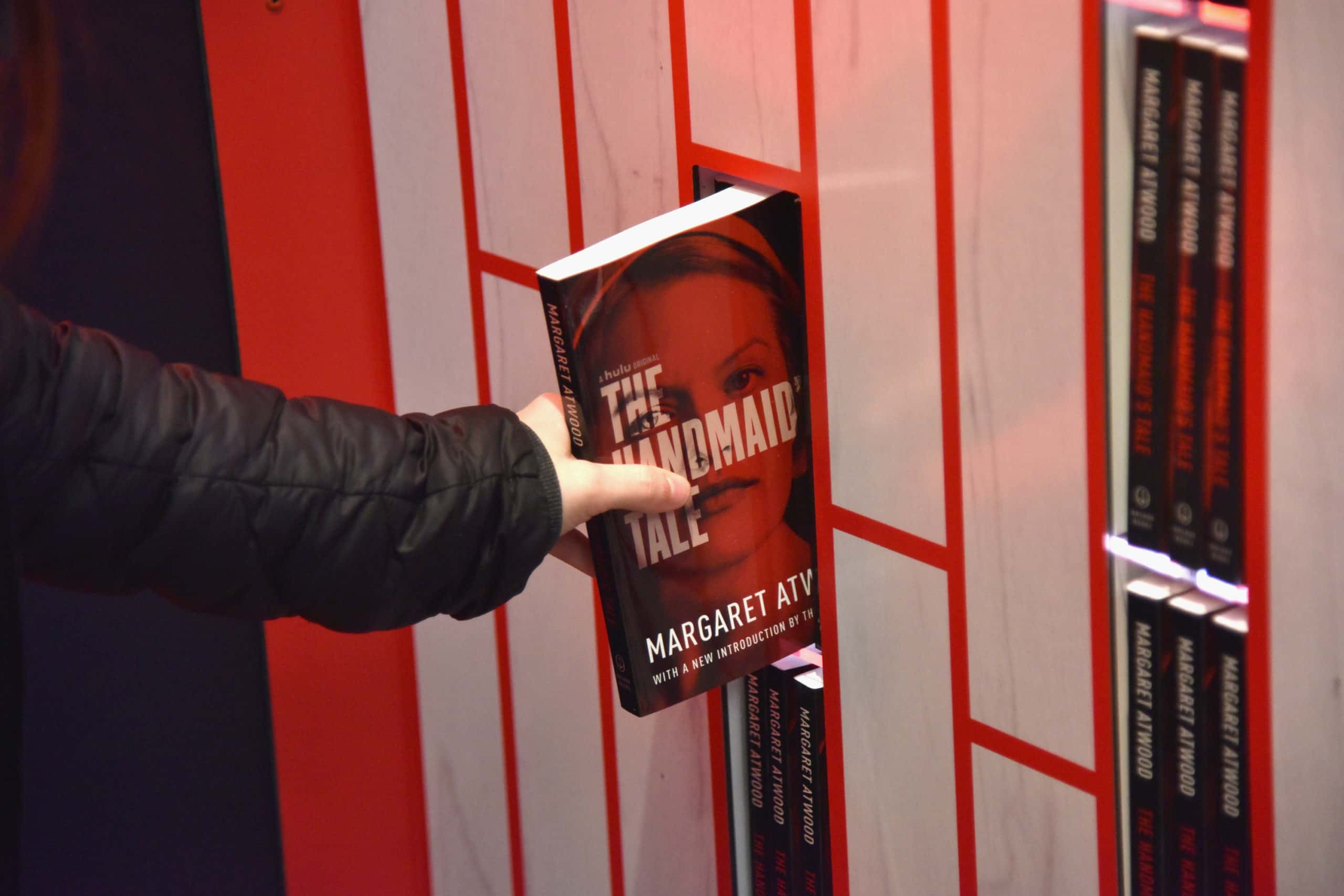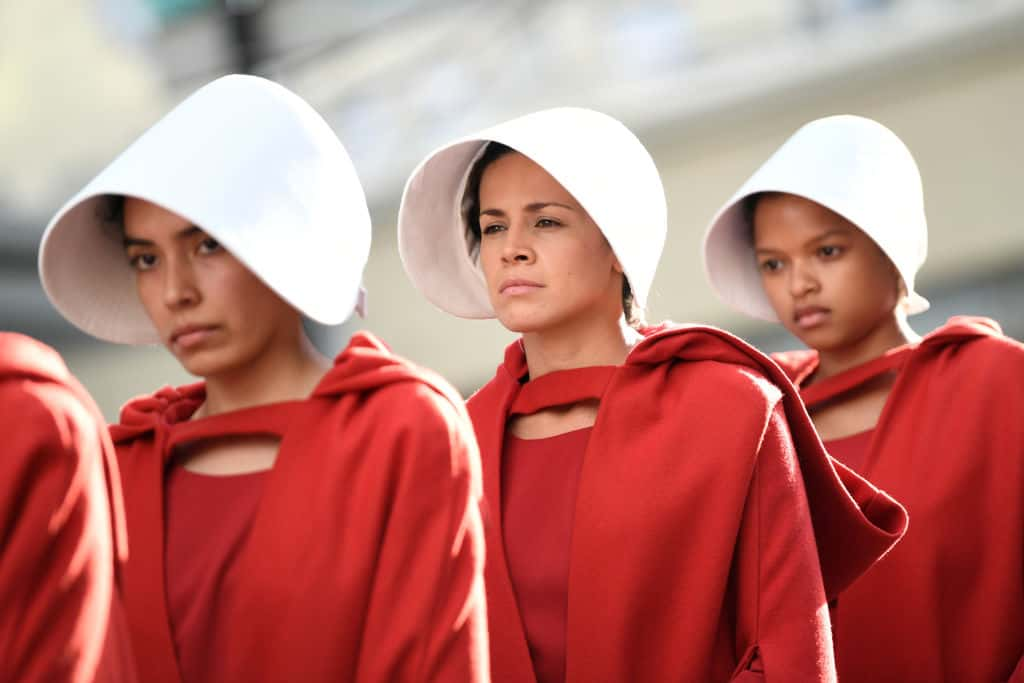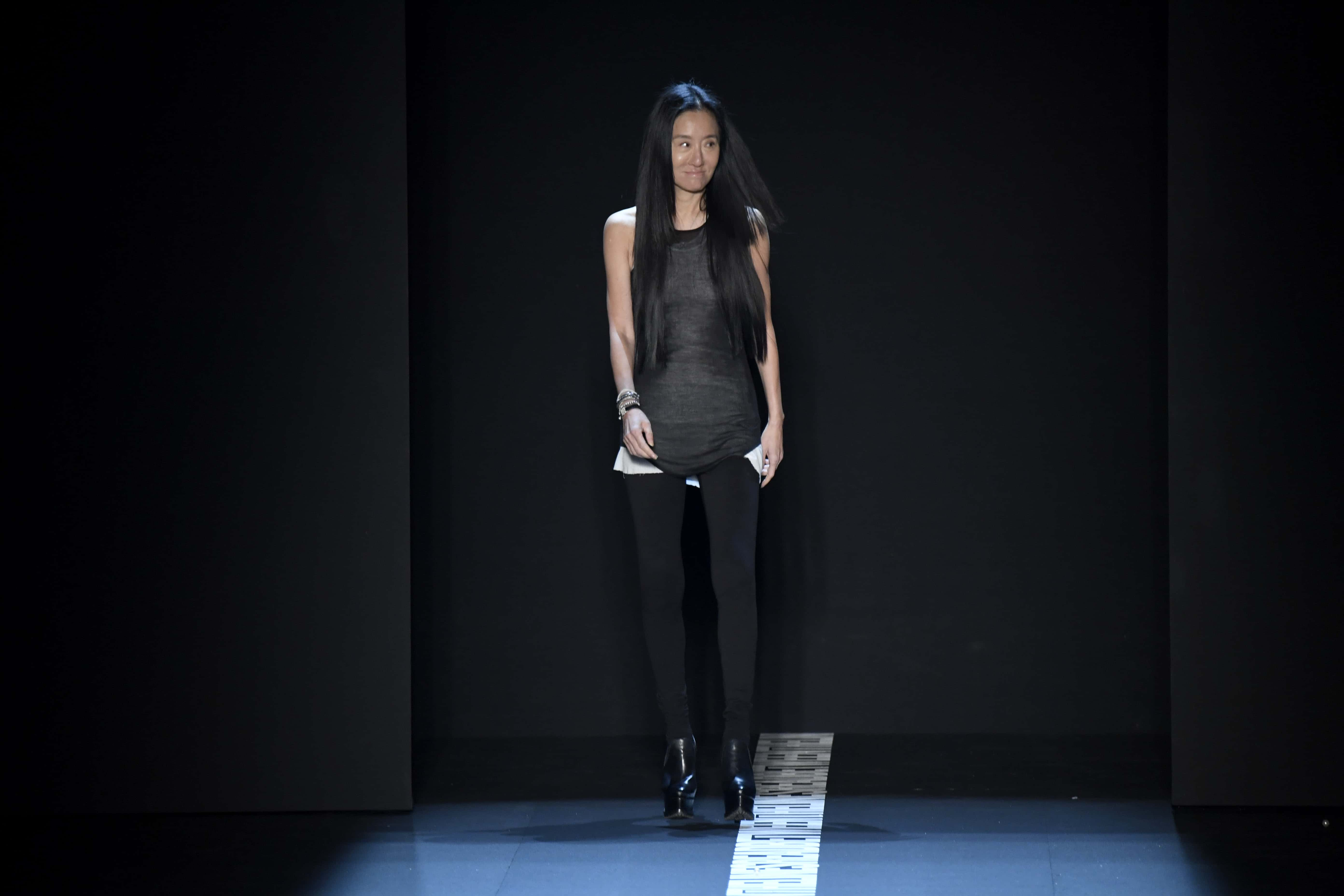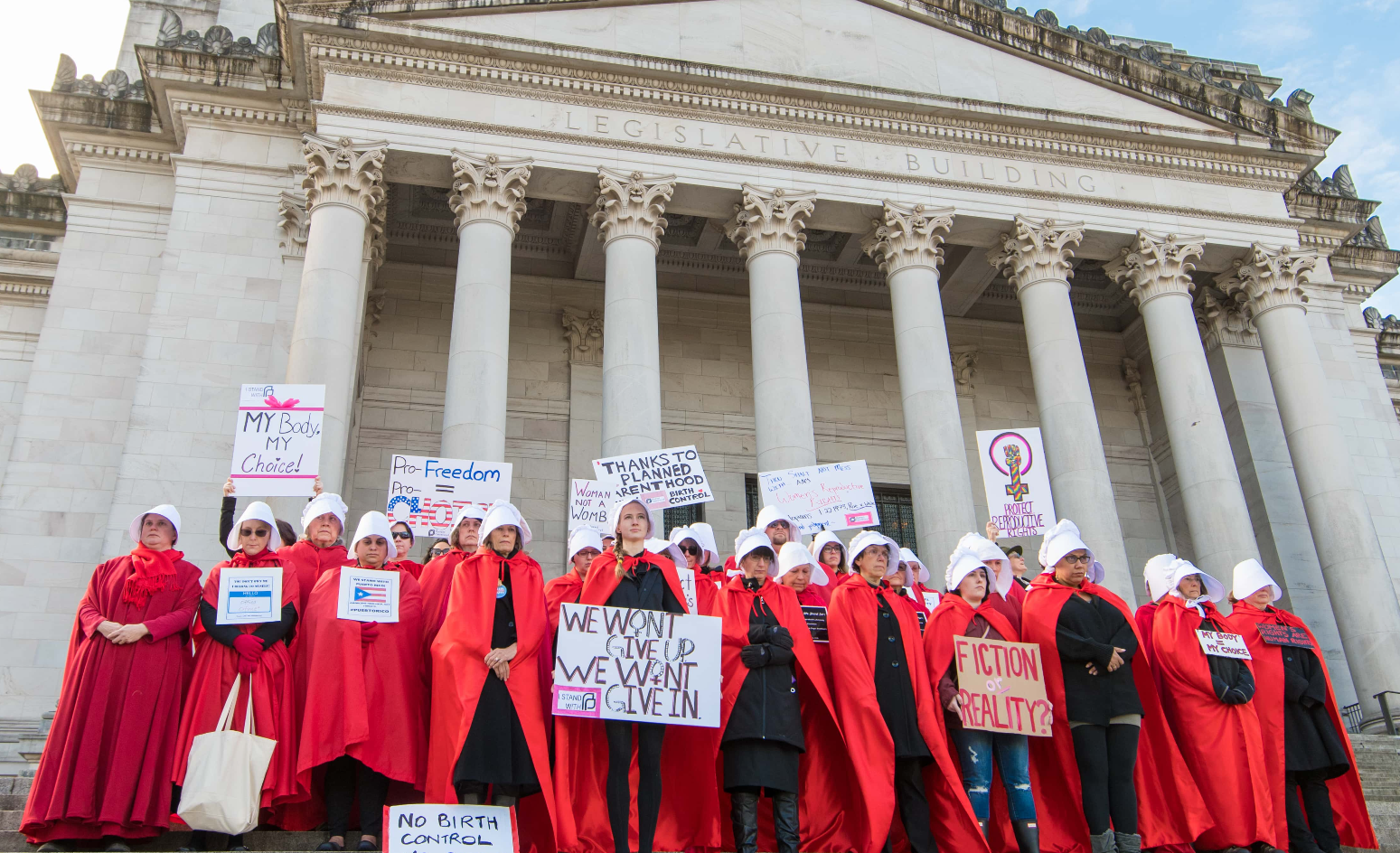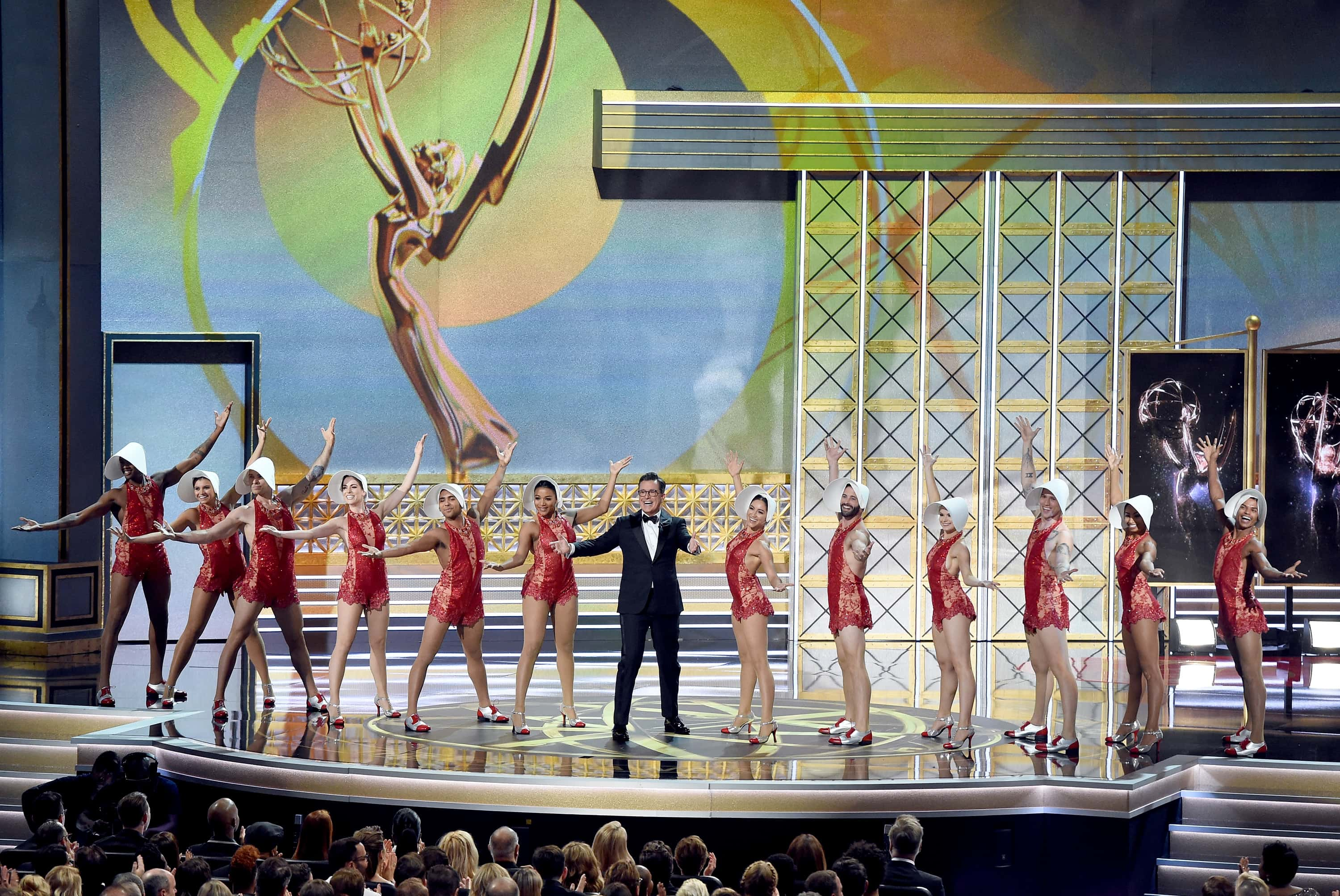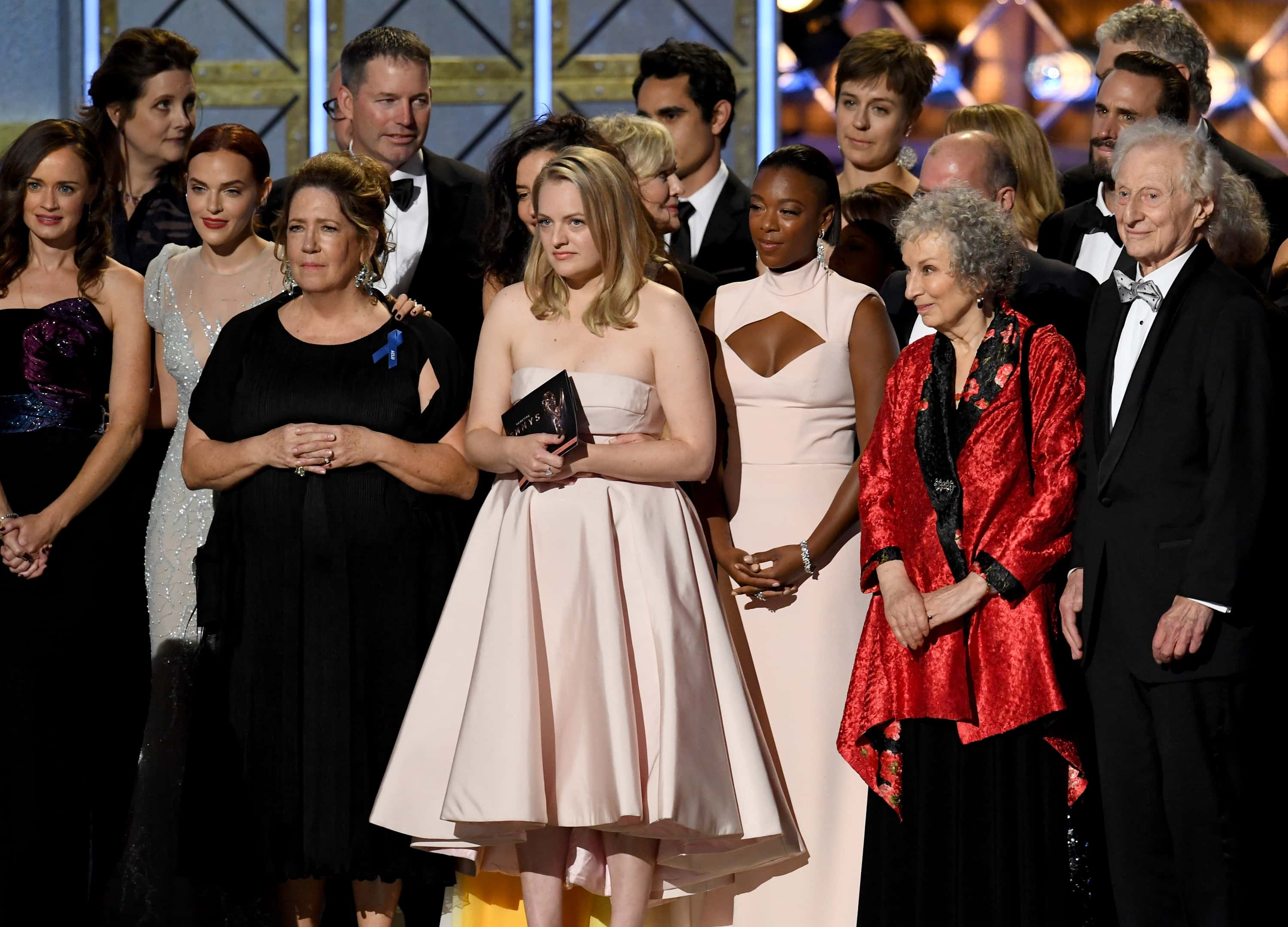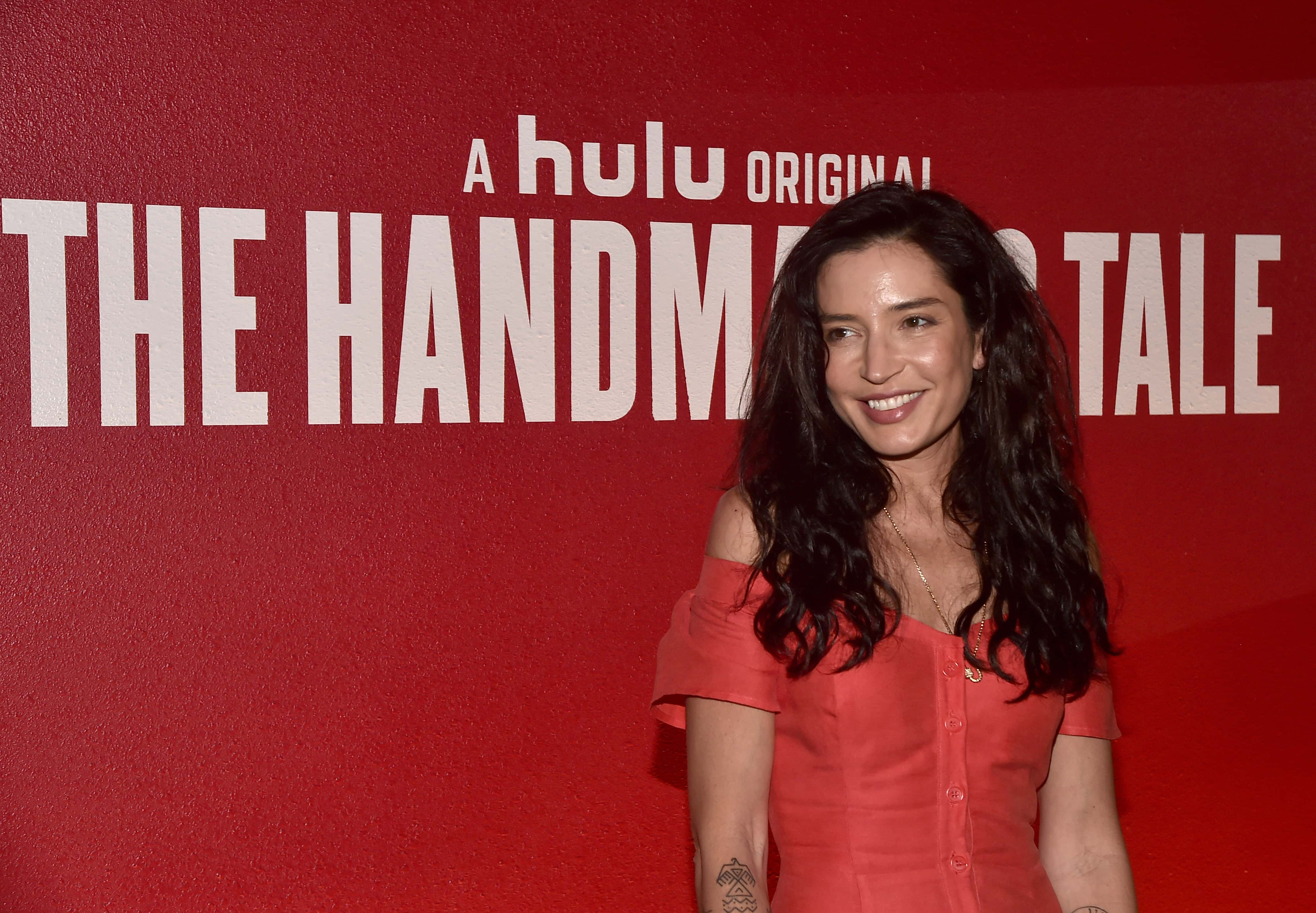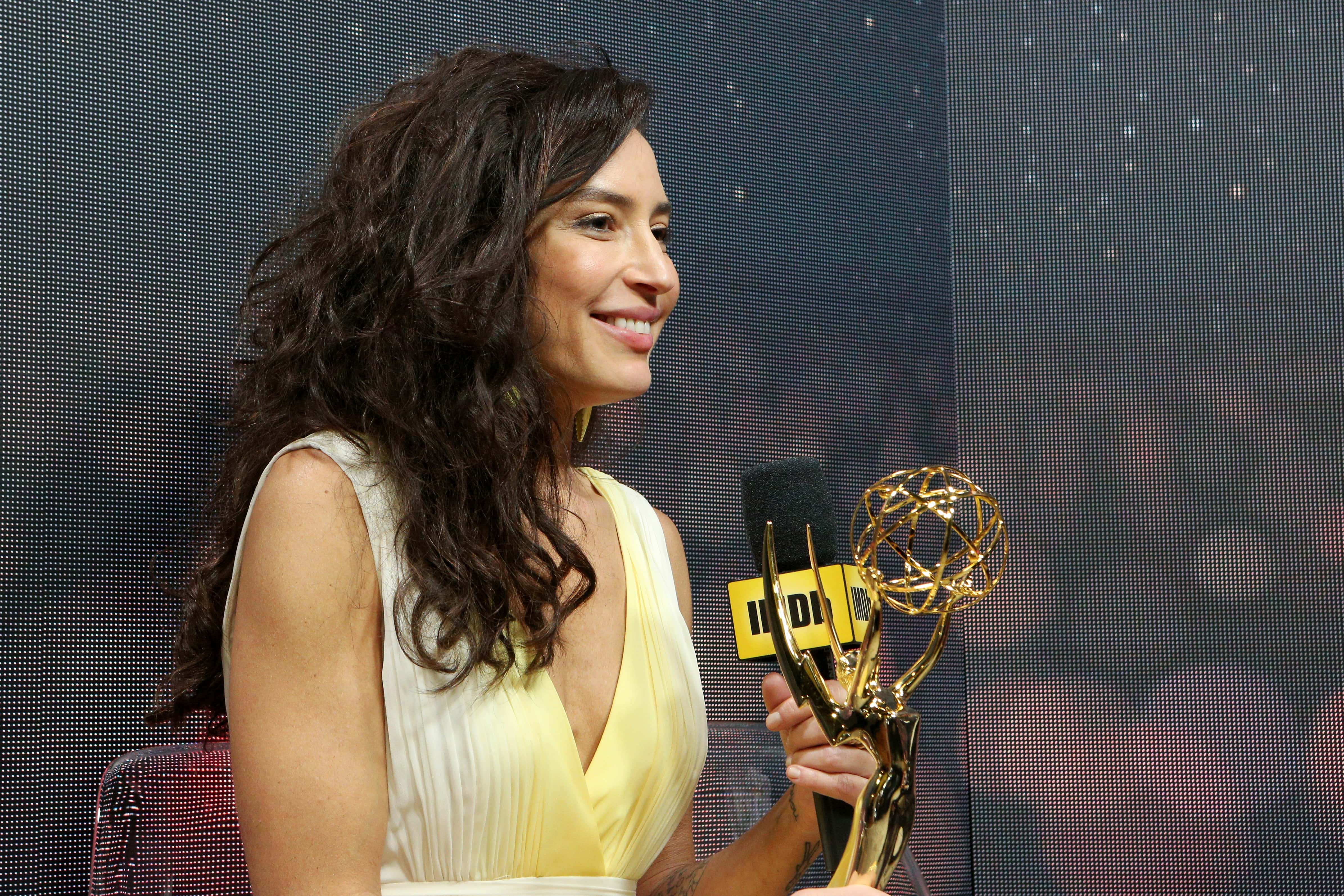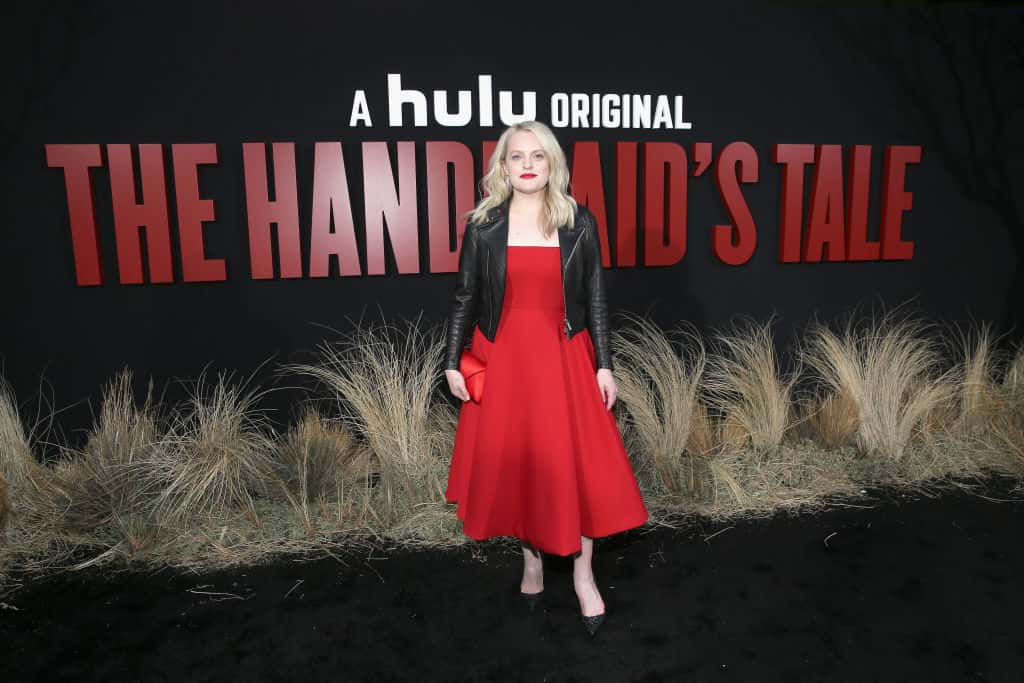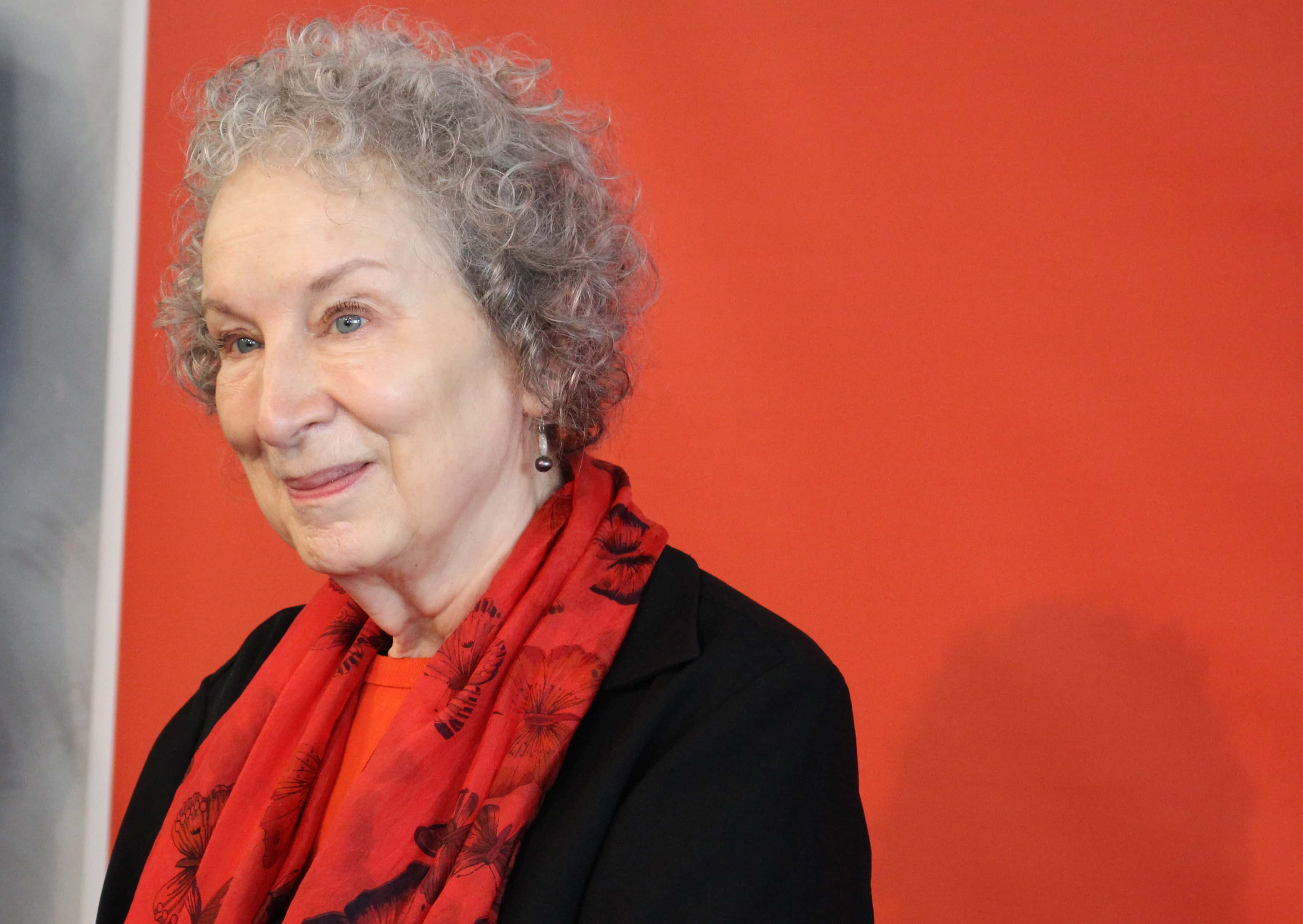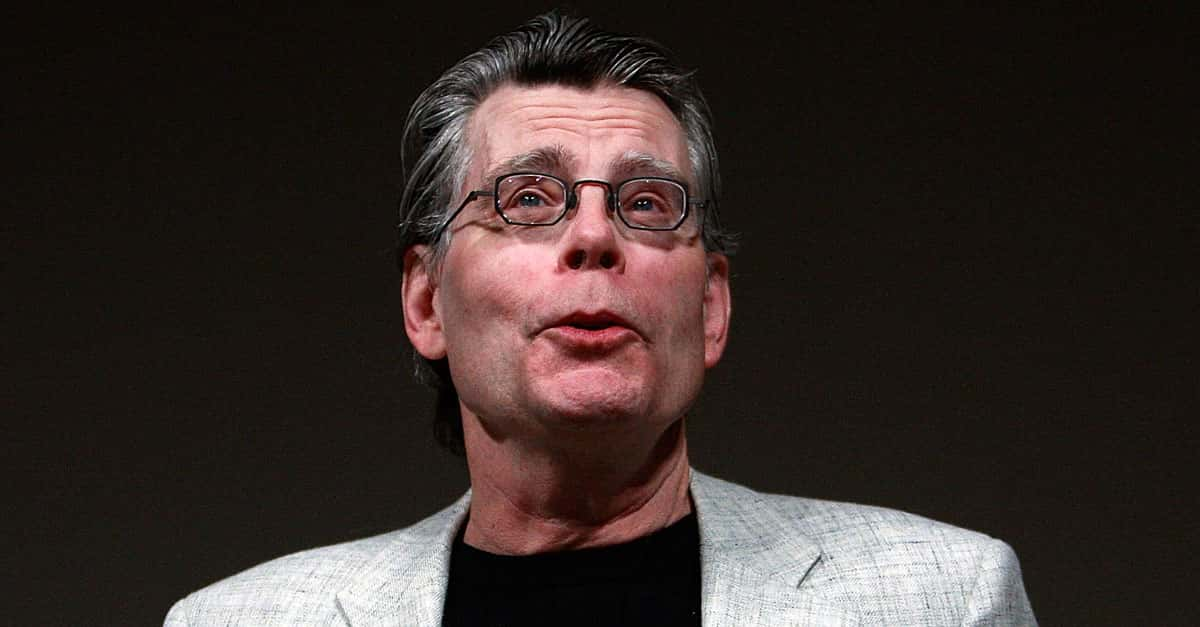“Nolite te bastardes carborundorum". (“Don’t let the bastards grind you down".) —a Latin joke, and a rule for survival in Margaret Atwood, The Handmaid’s Tale
Margaret Atwood’s iconic novel The Handmaid’s Tale has captivated countless readers since it was published in 1985. The novel is set in the dystopian Republic of Gilead, a totalitarian theocracy under which the few women still able to bear children (following a fertility crisis due to environmental destruction) work as “Handmaids” for wealthy and powerful men. This evocative story has spawned ƒninumerous adaptations including an opera, a comic novel, a fashion line, and, most recently, the acclaimed television series produced by Hulu and starring Elisabeth Moss. Motifs and slogans from the novel have also been displayed during political marches and protests; many people see parallels between the novel’s dystopian society and current political trends. Below are 30 facts about The Handmaid’s Tale.
1. Writing Eyes
Margaret Atwood wrote The Handmaid’s Tale while living in West Berlin in 1984, before the fall of the Berlin Wall, and she has stated that this environment inspired some of the content of her dystopian novel. “I experienced the wariness,” she wrote, “the feeling of being spied on, the silences, the changes of subject, the oblique ways in which people might convey information, and these had an influence on what I was writing".
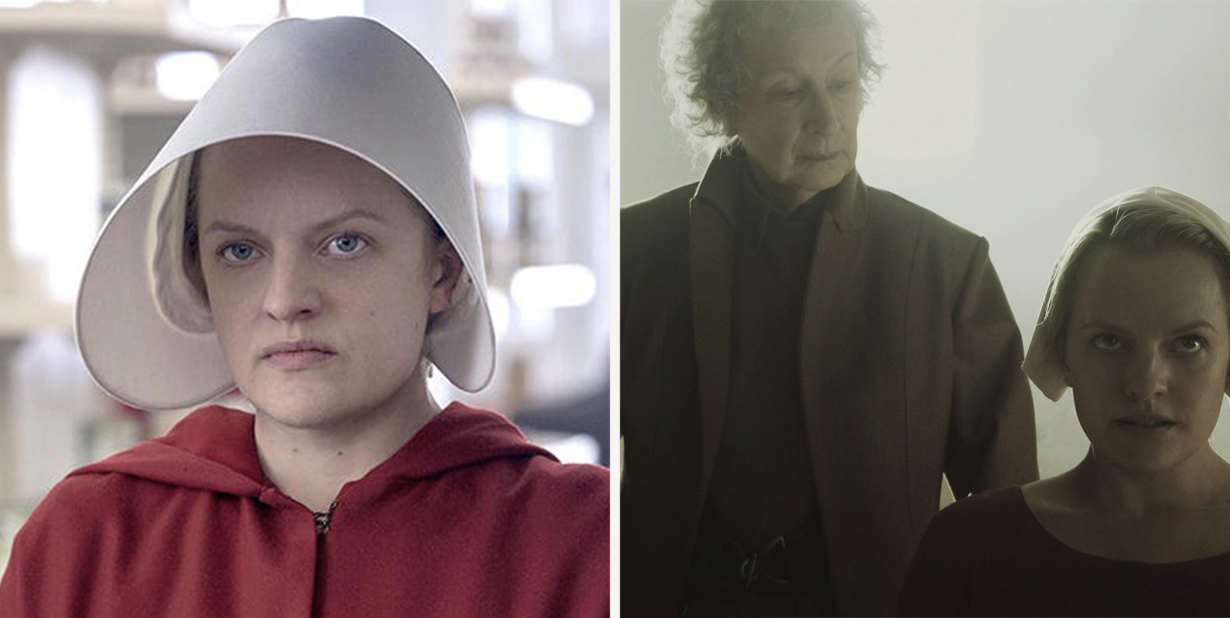
2. The Power of the Pen
Atwood composed most of the book in longhand on yellow simple notepads before typing it up on a rented manual typewriter. This seems oddly fitting for a story set in a future where women are not permitted access to writing implements.
3. The Handmaid of Fred’s Tale
Atwood’s original title for the novel was “Offred,” after the narrator and main character. The title she eventually chose alludes both to Geoffrey Chaucer’s The Canterbury Tales and to fairy and folk tales. As Atwood remarks, “The story told by the central character partakes—for later or remote listeners—of the unbelievable, the fantastic, as do the stories told by those who have survived earth-shattering events".
4. Ghosts of Future Past
Although Atwood does not specify the year in which novel takes place, we can speculate that Offred’s experience in the novel occurs in around 2005. (Offred is 33 and was born in the 1970s; 2005 would have been 20 years in the future for the novel’s first readers.) The TV adaptation uses references to contemporary services such as Uber and Tinder to move the story further ahead, suggesting that the revolution that would establish the Republic of Gilead lies in our own near future.
5. Seedy Roots
The Handmaid’s Tale is set in a version of Cambridge, Massachusetts. As Atwood has written, although Cambridge is the “home of Harvard University, now a leading liberal educational institution,” it was “once a Puritan theological seminary". Atwood drew on the Puritan roots of 17th-century America to devise the theocratic Republic of Gilead in her novel.
6. A Mad Maenad Mob
One of Atwood’s sources of inspiration for the “particicution” ritual in the novel—an execution by mob aggression—was the Dionysian revels in Ancient Greece. Supposedly, the female followers of Dionysus, called Maenads, would converge on a sacrificial victim in order to tear him apart, just as the Handmaids are meant to do. In Euripides’s The Bacchae, for example, the queen of Thebes is driven mad by Dionysus, and ends up ripping off the head of her own son with her bare hands. Ouch!
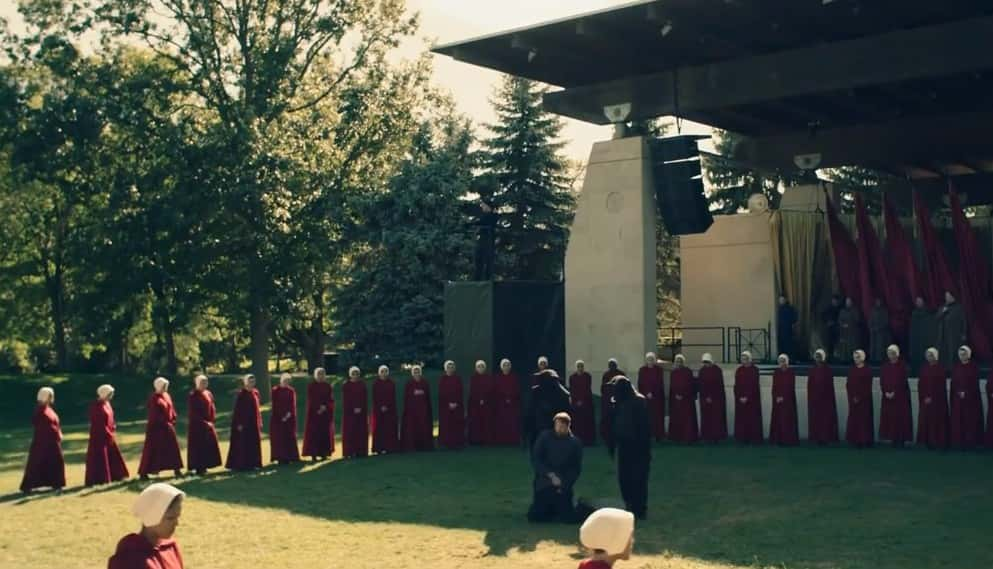 The Handmaid
The Handmaid
7. Consistent Approval Rating
The Handmaid’s Tale has never gone out of print since it was published in 1985.
8. A Skyrocketing Surprise
Between the election of Donald Trump in November 2016 and his inauguration in early 2017, sales of the Anchor Books edition of The Handmaid’s Tale increased by 200 percent. Russell Perreault, the head of publicity for Anchor Books, noted that many people were buying the book even though they had already read it. “Now they’re all reading it again, looking from a different view,” he said. Atwood’s novel topped Amazon’s bestseller list in early February 2017.
9. Not an Instruction Manual
During the worldwide Women’s Marches on January 21, 2017, many women carried posters and signs bearing references to Atwood’s novel. Their slogans included “The Handmaid’s Tale is NOT an instruction manual!” and “NO! to the Republic of Gilead!”

Sign up to our newsletter.
History’s most fascinating stories and darkest secrets, delivered to your inbox daily. Making distraction rewarding since 2017.
10. Speculative Success
Atwood’s book was the first ever winner of the Arthur C. Clarke Award for science fiction, in 1987. Despite the official designation of this accolade, Atwood insists that the genre of her novel is “speculative” rather than “science” fiction: the dystopian future she imagines is entirely extrapolated from real historical and contemporary events that happened somewhere at some time, rather than fabricated as true “science fiction” would be.
11. Any Questions?
Atwood recently wrote an extension to the novel for a special edition audiobook narrated by Claire Danes and released by Audible in April 2017. The original book ends with a question: “Are there any questions?” The new audiobook version includes the Q&A session that would have followed, performed by a full cast.
12. The Operatic Offreds
The Handmaid’s Tale was adapted as an opera by the Danish composer Poul Ruders and the British librettist Paul Bentley. It premiered at the Royal Danish Opera in 2000. In the opera, two different women perform the part of Offred, one for the present-tense story set in Gilead and the other for the flashbacks of her life before the revolution.
13. Red Swan
In 2015, the Royal Winnipeg Ballet adapted The Handmaid’s Tale as a ballet with the New York City-based choreographer Lila York.
14. Inspiring Transgressions
The Montreal band Lakes of Canada drew inspiration from The Handmaid’s Tale for their album Transgressions. The album features songs such as “Eden,” “The Fall,” “The Sons of Gilead,” and “Jezebel’s Cry."
15. The Handmaids’ Takeover
References to The Handmaid’s Tale have also infiltrated numerous other narratives. In the episode of Brooklyn Nine-Nine titled “HalloVeen” (season 5, episode 4), for instance, Jake Peralta (played by Andy Samberg) orchestrates a Handmaid’s Tale-inspired prank as part of an annual office heist.
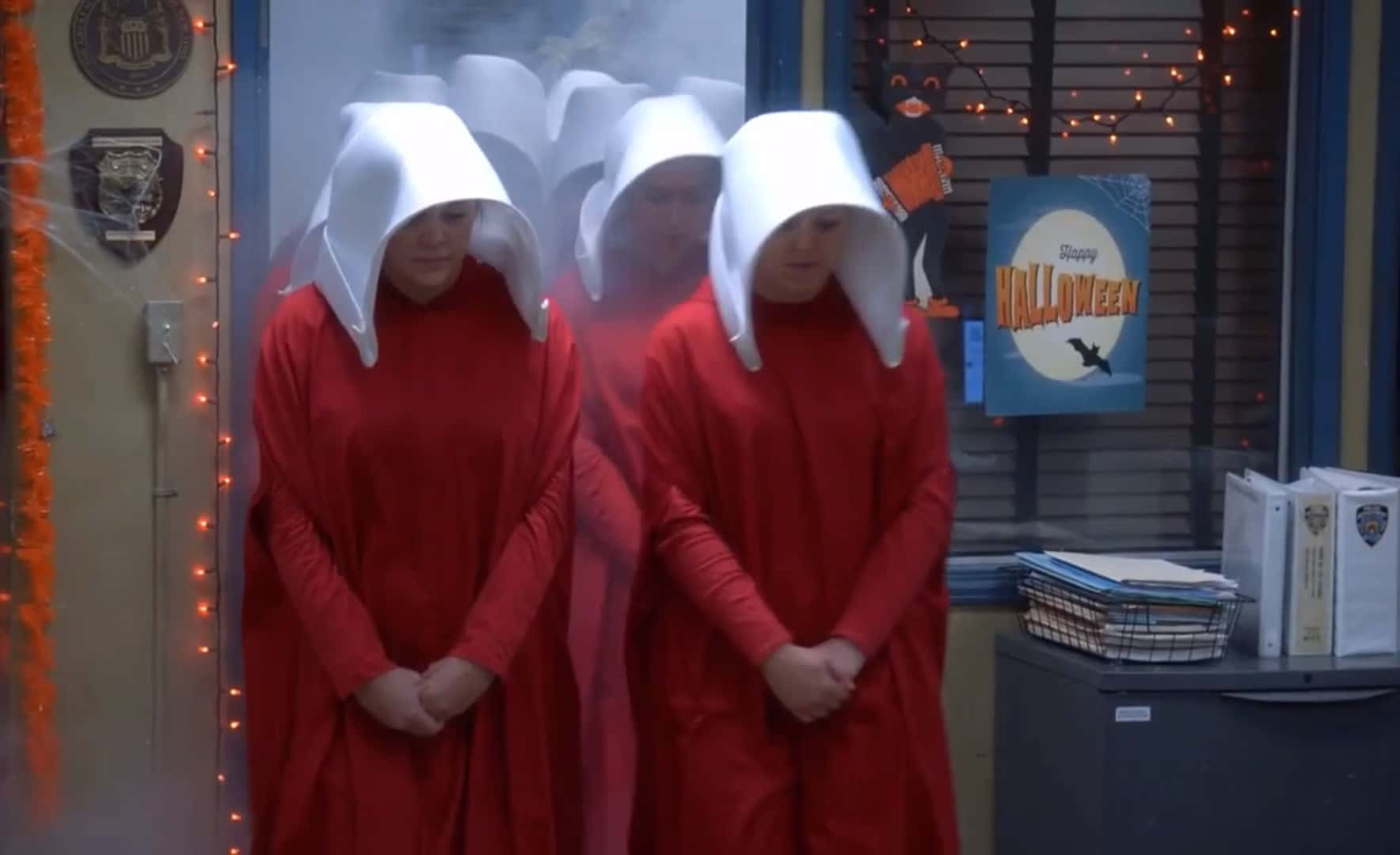 Brooklyn Nine-Nine, NBCUniversal Television
Brooklyn Nine-Nine, NBCUniversal Television
16. Inappropriate Material
The first ever comic novel adaptation of The Handmaid’s Tale is currently in the works, and is slated for release in 2017. Atwood is working with the artist Renee Nault on the project.
17. The Handmaid’s Fail
The first on-screen adaptation of Atwood’s novel was a 1990 film written by Nobel laureate Harold Pinter and starring Natasha Richardson as Offred, Faye Dunaway as Serena Joy, and Robert Duvall as the Commander. Despite this star-studded cast, the movie was not a success: Peter Travers of Rolling Stone called it “merely a thing-poor rehash of The Stepford Wives with delusions of grandeur". Alrighty then.
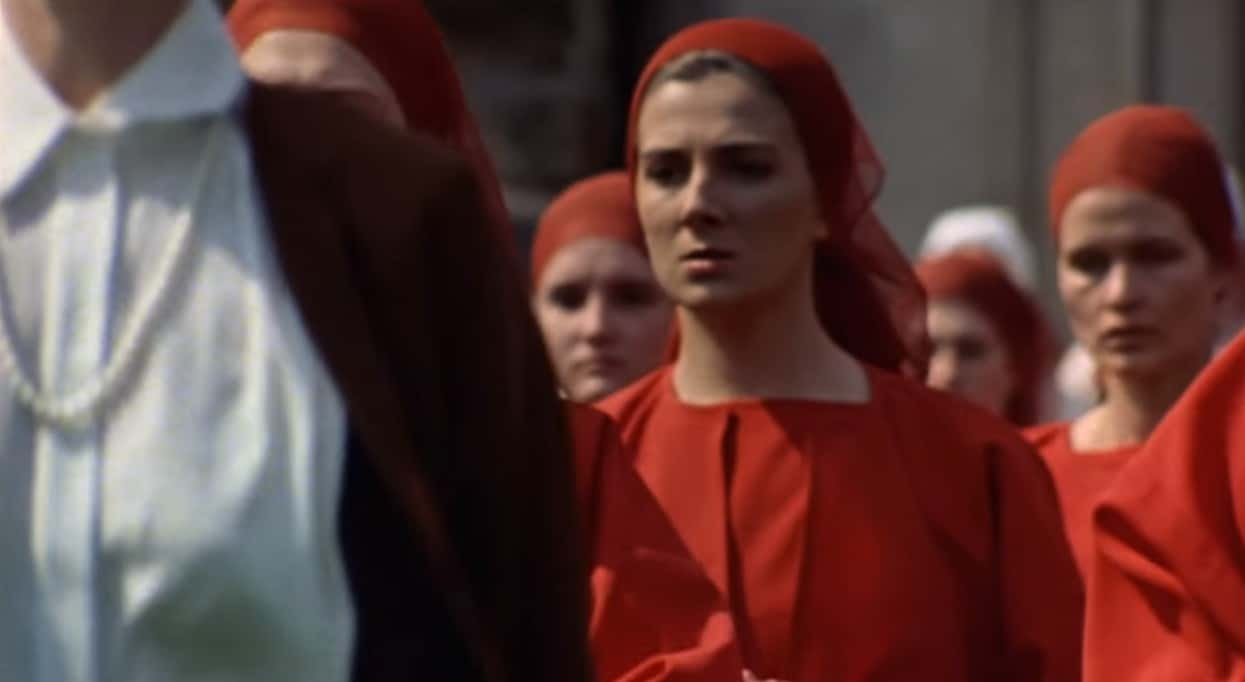 The Handmaid
The Handmaid
18. Offred Takes the High Line
In April 2017, the design company Pentagram created an interactive installation inspired by The Handmaid’s Tale on the High Line in New York City. Hulu commissioned the artwork to coincide with the premiere of the television show. The installation housed 4,000 copies of Atwood’s novel, free for any passerby to take. When a book was taken, an inscribed quotation from the novel was revealed on the shelf beneath it. Each shelf also had a backlit panel with a life-sized image of Offred.
19. Banning “Hopelessness”
The Handmaid’s Tale has long been one of the most banned and challenged books in high schools across the United States. From 1990 to 1999 it was number 37 on the top 100 challenged/banned books list, and from 2000 to 2009 it was number 88. Apparently objectionable content in the novel includes, for example, “[p]rofanity; lurid passages about intercourse; statements defamatory to minorities, god, women and the disabled; aggression; hopelessness; … inappropriate intercourse,” and material that is “age-inappropriate; … vulgar; offensive to Christians; violently inappropriate and morally corrupt".
20. Biblical Dressings
Atwood drew on Biblical imagery for the distinctively-colored clothing in her totalitarian society. The Handmaids wear red cloaks that recall the sins of Mary Magdalene, while the Wives wear blue dresses that recall the purity of the Virgin Mary.
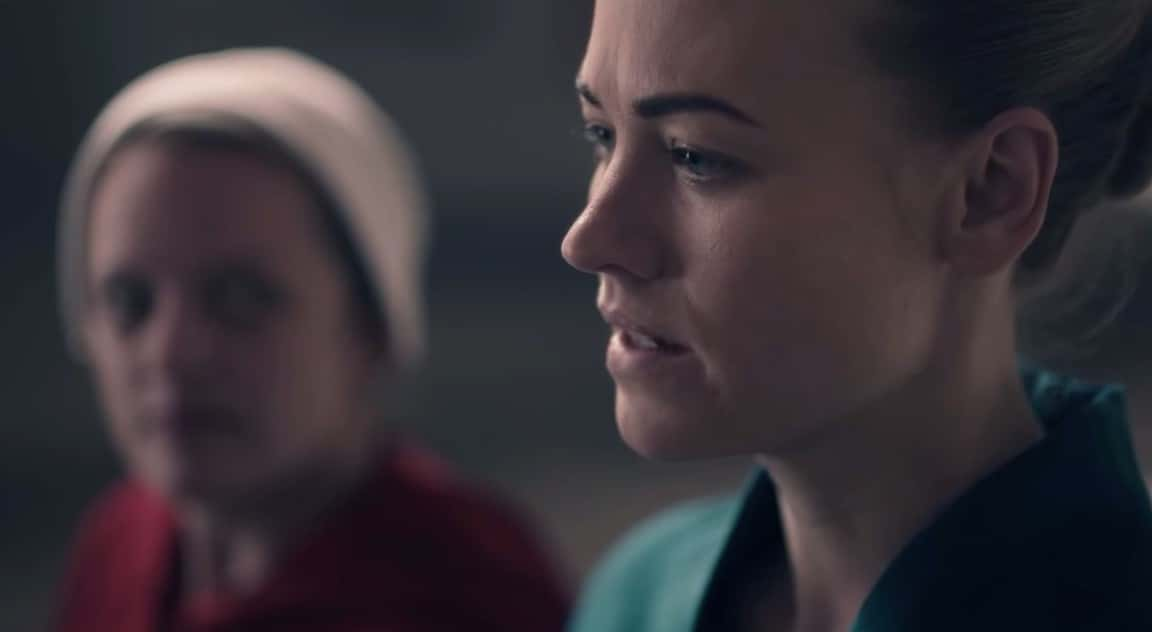 The Handmaid
The Handmaid
21. Cleanser Terror
The Handmaids’ distinctive white bonnets—called “wings”—were partly inspired by the image on the Old Dutch Cleanser package in the 1940s of a woman with her face hidden by a large white cap. Atwood has explained that this image “frightened [her] as a child".
22. Trend-Setting Millinery
Vaquera, a New York-based social activist fashion label, created a line inspired by The Handmaid’s Tale in the spring of 2017. The collection, modelled in a theatrical fashion show, features hats, jackets, dresses, and jump suits in red and white fabric, all intended to recall and emphasize Atwood’s portrayal of female aggression. And the Gileadean fashion wave doesn’t stop there: Vera Wang has also incorporated Handmaid’s Tale-inspired oversized bonnets in her Spring 2018 collection.
23. Reclaiming Rights
In March 2017, members of a protest group in Texas wore replicas of the Handmaids’ uniforms to meetings of the state legislature where a bill that would restrict access to abortions was being debated. Later in the year, supporters of Planned Parenthood wore red robes and white hoods to protest the Republican-backed Senate health care bill in Washington; demonstrators in Ohio, New Hampshire, and Missouri have also dressed as Handmaids to protest other bills that would restrict access to abortion and otherwise curb women’s reproductive rights.
24. Dancing Handmaids
At the 2017 Primetime Emmys, host Stephen Colbert’s opening address included a song-and-dance number with both male and female dancers dressed in glittery red body suits and the Handmaids’ white winged bonnets.
25. Streaming Success
The Hulu adaptation of The Handmaid’s Tale won five Primetime Emmys in 2017, including Outstanding Drama Series. It was the first show produced by a streaming site to win this most prestigious award. Netflix actually turned down an earlier version of the adaptation: “It wasn’t in the creative form that it is today,” commented Chief Content Officer Ted Sarandos.
26. Fierce Women
Reed Morano, the director of the first three episodes of the Hulu Handmaid’s Tale, was also a cinematographer for Beyoncé’s Lemonade.
27. Now Put Your Hands Up
Morano won a Primetime Emmy for Best Director in a Drama Series for her work on The Handmaid’s Tale. She is only the third woman to win in this category, and the first since 1995. Notably, two of her fellow finalists for Best Director in 2017 were also women; one of them, Kate Dennis, was also nominated for The Handmaid’s Tale.
28. Bare Truth
Elisabeth Moss, who plays Offred in the Hulu adaptation, filmed most scenes without makeup. As Atwood commented, this “allowed the acting to be more direct … because every little twitch and twinge was visible".
29. Visualizing Isolation
To give a sense of Offred’s limited and isolated point of view—which the novel conveys through her first-person narration—Morano and the show’s cinematographer Colin Watkinson used a special camera (a 28mm Zeiss 2.1) to film close-ups of Moss. They often captured her face in extreme detail against a blurred background; this emphasizes both the intensity of Offred’s interior life and the convoluted reality of her exterior world.
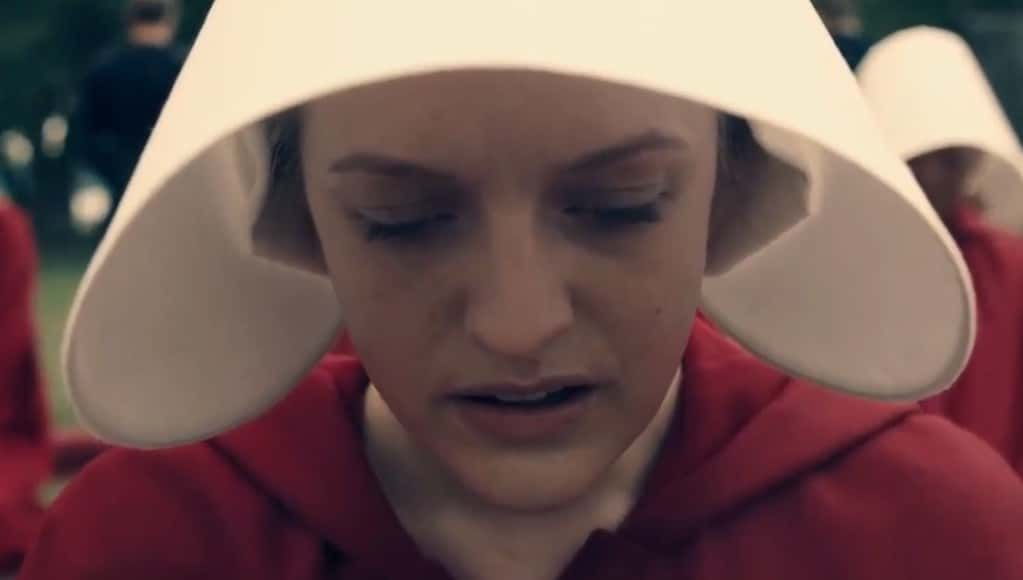 The Handmaid
The Handmaid
30. It’ll Knock Your Bonnets Off
Atwood was not only a consulting producer for the Hulu series, she also has a cameo in the pilot episode. She plays an Aunt—an elder woman responsible for training the Handmaids—who slaps Elisabeth Moss across the face. “She didn’t want to but then she got really into it,” Moss recalled, laughing. Showrunner Bruce Miller added, “She knocked her little bonnet off and it was all really, it was embarrassing".
Sources: 1, 2, 3, 4, 5, 6, 7, 8, 9, 10, 11, 12, 13, 14, 15, 16, 17, 18, 19, 20, 21, 22, 23, 24, 25, 26, 27, 28, 29, 30

